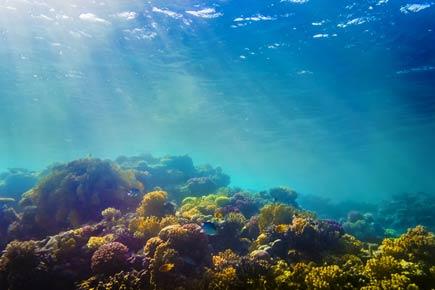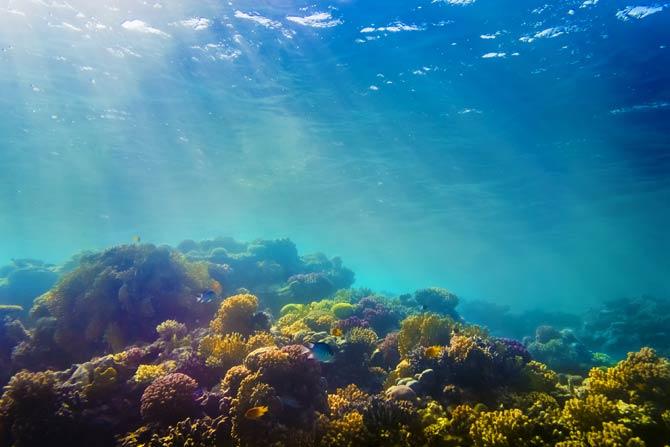Increased surface ocean temperatures during the strong 2016 El Nino led to a major coral die-off in the Maldives, and this has caused reef growth rates to collapse, says a study


Representational picture
London: Increased surface ocean temperatures during the strong 2016 El Nino led to a major coral die-off in the Maldives, and this has caused reef growth rates to collapse, says a study.
ADVERTISEMENT
"A very major concern now is how quickly these reefs might recover. Recovery from similar past disturbances in the Maldives have taken 10-15 years, but major bleaching events are predicted to become far more frequent than this," said Chris Perry, Professor at University of Exeter in Britain.
"If this is the case it could lead to long-term loss of reef growth and so limit the coastal protection and habitat services these reefs presently provide," Perry said.
The researchers studied the impact of the 2016 El Nino event at sites in the southern Maldives.
The study published in the journal Scientific Reports, showed that the event had not only caused widespread coral bleaching, a phenomenon whereby corals expel their photosynthesising algae when stressed by high temperatures, but that this had also led to extensive coral death in all shallow water reef habitats examined.
"This in turn has major implications not only for the capacity of these reefs to match any increases in sea-level, but is also likely to lead to a loss of the surface structure of the reefs that is so critical for supporting fish species diversity and abundance," Perry pointed out.
Coral reefs are formed by the accumulation of coral skeletons (made of calcium carbonate) that builds up over 100s to 1000s of years, forming the complex structures that support a huge diversity of marine life.
The so-called 'carbonate budget' of a reef, which represents the balance between the rate at which this carbonate is produced by corals and the rate at which it is removed (by biological or physical erosion or chemical dissolution), influences the development of these structures and how fast a reef can grow.
"Coral reefs provide a wealth of benefits. They are vital habitats, essential for a vast number of species and they are also important for tourism and food provision. The reduction in carbonate budget threatens these benefits and may well also lead to the structural collapse of reefs," Kyle Morgan from University of Exeter explained.
The extent of the 2016 bleaching, which also affected reefs in other parts of the Indian Ocean and Pacific, was so severe that it was subsequently named the 'Third Global Coral Bleaching Event'.
 Subscribe today by clicking the link and stay updated with the latest news!" Click here!
Subscribe today by clicking the link and stay updated with the latest news!" Click here!







